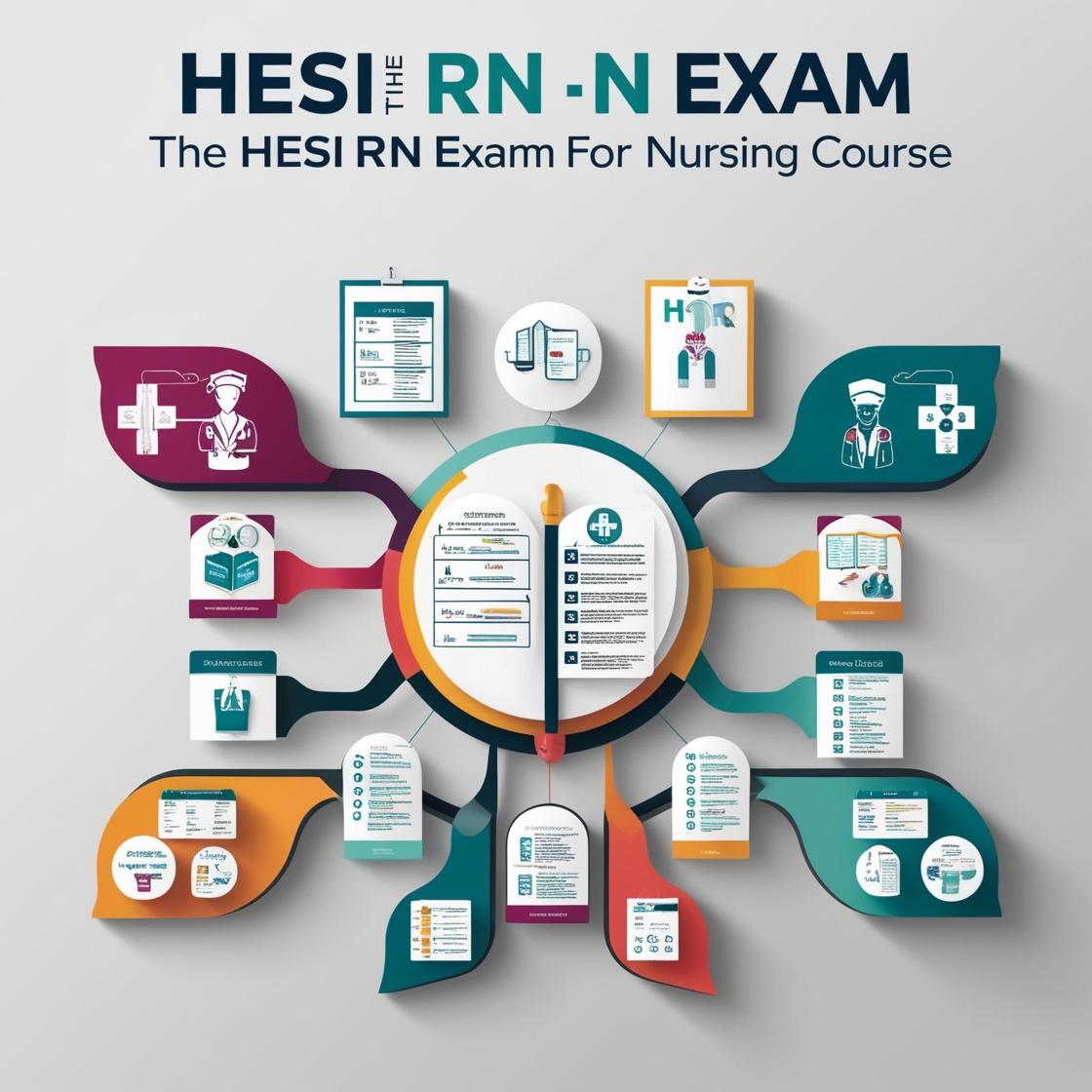HESI RN
HESI RN Nursing Leadership and Management Exam 6
1. Which outcome indicates that treatment of a male client with diabetes insipidus has been effective?
- A. Fluid intake is less than 2,500 ml/day
- B. Urine output measures more than 200 ml/hour
- C. Blood pressure is 90/50 mm Hg
- D. The heart rate is 126 beats/minute
Correct answer: A
Rationale: The correct outcome indicating effective treatment of diabetes insipidus in a male client is a fluid intake of less than 2,500 ml/day. In diabetes insipidus, excessive urination causes increased fluid intake to compensate for the fluid loss. By effectively managing the condition, the client's fluid intake should decrease. Choices B, C, and D do not directly reflect the effectiveness of treatment for diabetes insipidus. Increased urine output (choice B) may indicate inadequate control of the condition, while low blood pressure (choice C) and a high heart rate (choice D) are not specific indicators of effective treatment for diabetes insipidus.
2. Nurse Louie is developing a teaching plan for a male client diagnosed with diabetes insipidus. The nurse should include information about which hormone lacking in clients with diabetes insipidus?
- A. Antidiuretic hormone (ADH)
- B. Thyroid-stimulating hormone (TSH)
- C. Follicle-stimulating hormone (FSH)
- D. Luteinizing hormone (LH)
Correct answer: A
Rationale: Diabetes insipidus is a condition characterized by a deficiency of antidiuretic hormone (ADH). ADH plays a crucial role in regulating water balance by controlling the amount of water reabsorbed by the kidneys. Options B, C, and D are incorrect as they are not associated with diabetes insipidus. TSH (thyroid-stimulating hormone) is responsible for regulating thyroid function, while FSH (follicle-stimulating hormone) and LH (luteinizing hormone) are involved in reproductive functions.
3. After taking glipizide (Glucotrol) for 9 months, a male client experiences secondary failure. What would the nurse expect the physician to do?
- A. Initiate insulin therapy.
- B. Switch the client to a different oral antidiabetic agent.
- C. Prescribe an additional oral antidiabetic agent.
- D. Restrict carbohydrate intake to less than 30% of the total caloric intake.
Correct answer: A
Rationale: When a client experiences secondary failure to an oral antidiabetic agent like glipizide, the next step is often to initiate insulin therapy. This is because secondary failure indicates that the current oral antidiabetic medication is no longer effective in managing blood glucose levels, and insulin therapy may be required to adequately control blood sugar. Switching to a different oral antidiabetic agent may not be effective if there is already resistance to the current agent. Adding another oral antidiabetic agent may not address the underlying issue of secondary failure. Restricting carbohydrate intake is important for diabetes management but is not the primary intervention indicated in this scenario of secondary failure to glipizide.
4. The client has undergone a thyroidectomy. Which of the following symptoms would indicate a potential complication?
- A. Bradycardia
- B. Tachycardia
- C. Hyperreflexia
- D. Hypocalcemia
Correct answer: D
Rationale: Hypocalcemia is a potential complication of thyroidectomy as it may occur if the parathyroid glands, responsible for calcium regulation, are inadvertently removed or damaged during the procedure. Bradycardia (slow heart rate) is not typically associated with thyroidectomy complications. Tachycardia (fast heart rate) is more commonly seen in hyperthyroidism. Hyperreflexia (exaggerated reflex responses) is not a typical complication of thyroidectomy.
5. A nurse caring for a group of clients reviews the electrolyte laboratory results and notes a potassium level of 5.5 mEq/L on one client's laboratory report. The nurse understands that which client is at highest risk for the development of a potassium value at this level?
- A. The client with colitis
- B. The client with Cushing's syndrome
- C. The client who has been overusing laxatives
- D. The client who has sustained a traumatic burn
Correct answer: D
Rationale: Clients who have sustained traumatic burns are at a higher risk of developing hyperkalemia due to cell lysis. When cells are damaged in a traumatic burn, potassium can leak out from the intracellular space into the bloodstream, leading to elevated serum potassium levels. Colitis, Cushing's syndrome, and overuse of laxatives are not typically associated with the same degree of cell damage or potassium shifts seen in traumatic burns, making them less likely to result in such high potassium levels.
Similar Questions

Access More Features
HESI RN Basic
$69.99/ 30 days
- 50,000 Questions with answers
- All HESI courses Coverage
- 30 days access @ $69.99
HESI RN Premium
$149.99/ 90 days
- 50,000 Questions with answers
- All HESI courses Coverage
- 30 days access @ $149.99
